Global Justice Clinic
The Global Justice Clinic or GJC at NYU School of Law partners with social movement and community organizations to prevent, challenge, and redress economic, racial, climate, and migration injustice, while training the next generation of social justice lawyers. GJC’s collaborative work includes supporting community self-determination and climate justice in Haiti and Guyana, advancing the rights of Haitian migrants throughout the Western Hemisphere, and working with jailhouse lawyers to know, use, and shape the law.
ongoing projects
Projects tackle situations of global injustice where the Clinic has a valuable contribution to make, and where it can support–and not displace–local expertise and capacity. Most projects are multi-year: the Clinic fosters long-term relationships of solidarity with partners. Over the last decade the Clinic has secured important legal and advocacy victories alongside our partners.
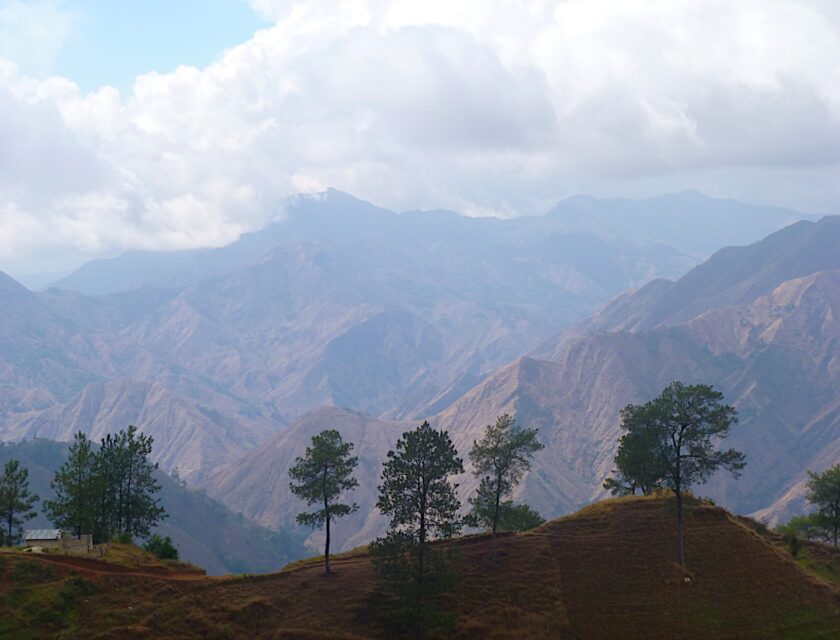
Project
Climate Justice and Reparations
This initiative collaborates with Caribbean social movements, focusing initially on Haiti and the Dominican Republic.
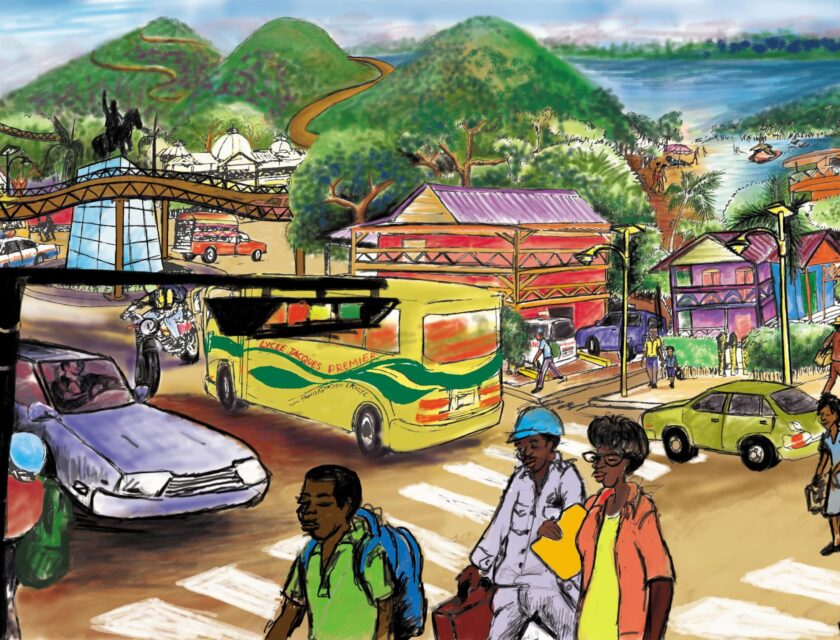
Project
Mining Justice and Self-Determination
A longstanding partnership between the Clinic and Haitian organizations, advancing the rights of marginalized populations and promoting transparency in mining.
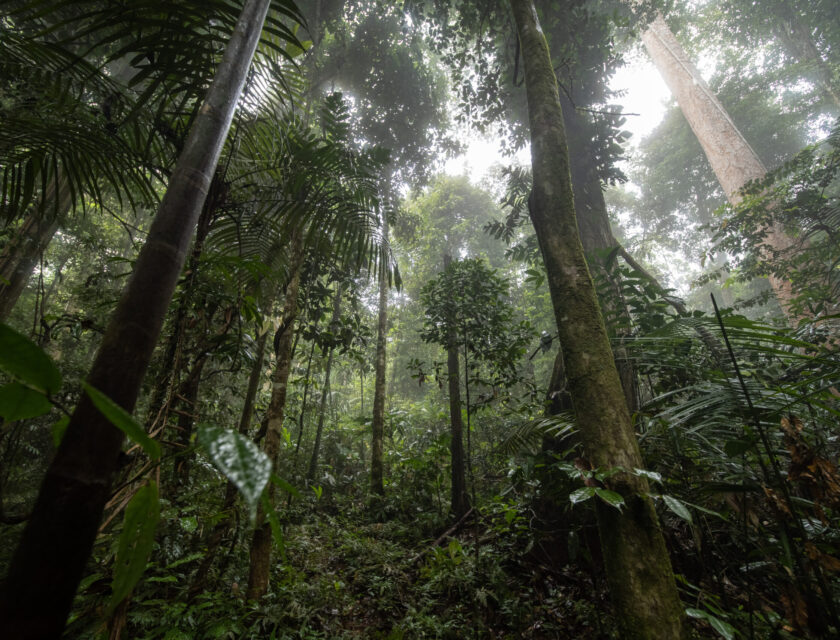
Project
Indigenous Land Rights and Earth Defense
This project collaborates with communities and grassroots organizations, ensuring they have access to information and tools to advance rights, prevent abuses, and seek accountability.
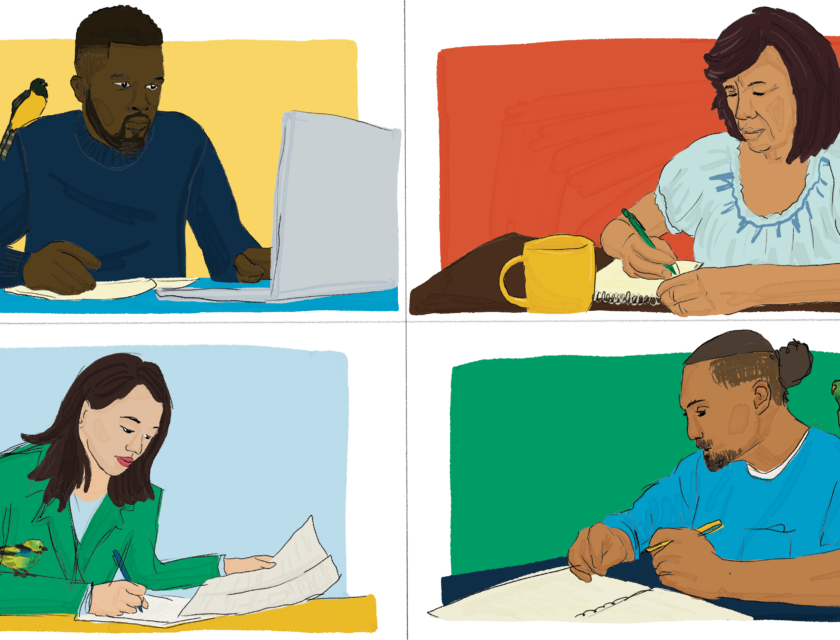
Project
Jailhouse Lawyer Initiative
The initiative aims to challenge cycles of incarceration and re-conceptualize the role of jailhouse lawyers as agents of empowerment. A partnership with the Bernstein Institute at NYU and the Legal Empowerment Advocacy Hub.
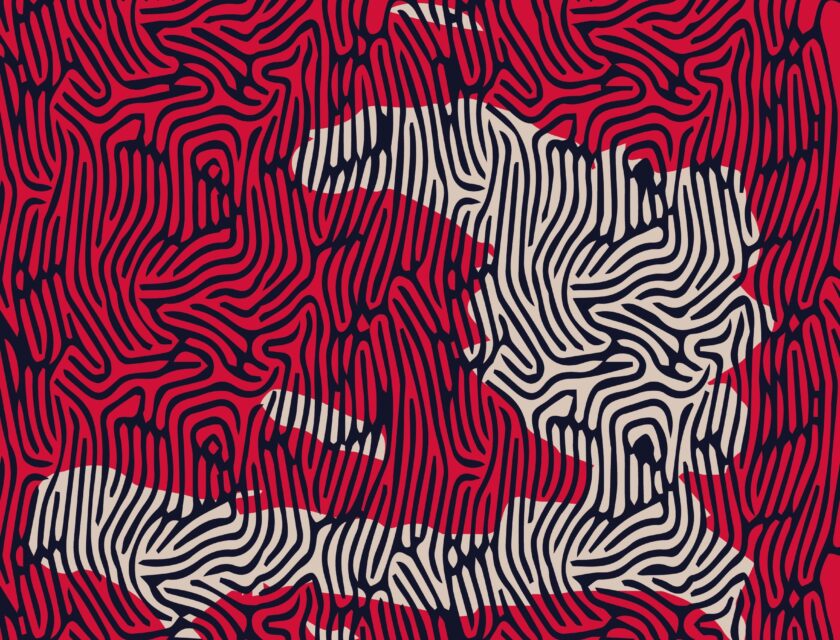
Project
Haitian Immigrant Rights
This project began in 2017 with efforts to promote justice and support empowerment in the Haitian immigrant community in New York. Rights without Borders continues to use legal empowerment as a tool to fight the racism and anti-migrant policies that Haitians – and other black immigrants – are confronting across the Americas.
Global Justice Clinic
Through the Global Justice Clinic, JD and LLM students at NYU School of Law work to prevent, challenge, and redress human rights violations in situations of global inequality.
The Global Justice Clinic prepares law students to be self-reflective, accountable, and innovative human rights lawyers. GJC:
- works in a rights-based manner that embraces critical legal empowerment aimed at shifting power to marginalized communities as they claim their rights;
- embraces anti-racist methods and views human rights practice as a means to challenge structural oppression in partnership with directly impacted individuals and communities.
- draws on insights and works in collaboration with experts in other fields, including earth sciences, open source investigations, journalism, public health, forensics, sociology, and anthropology.


